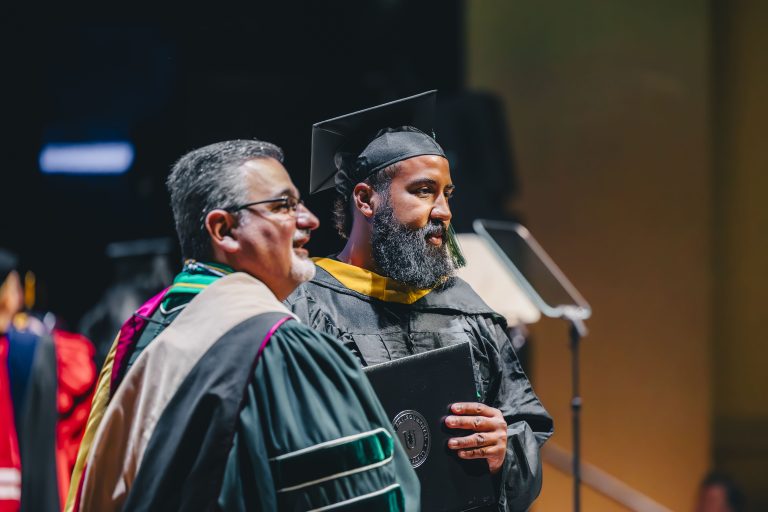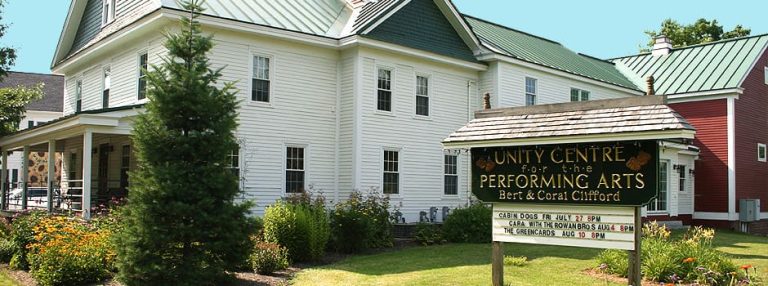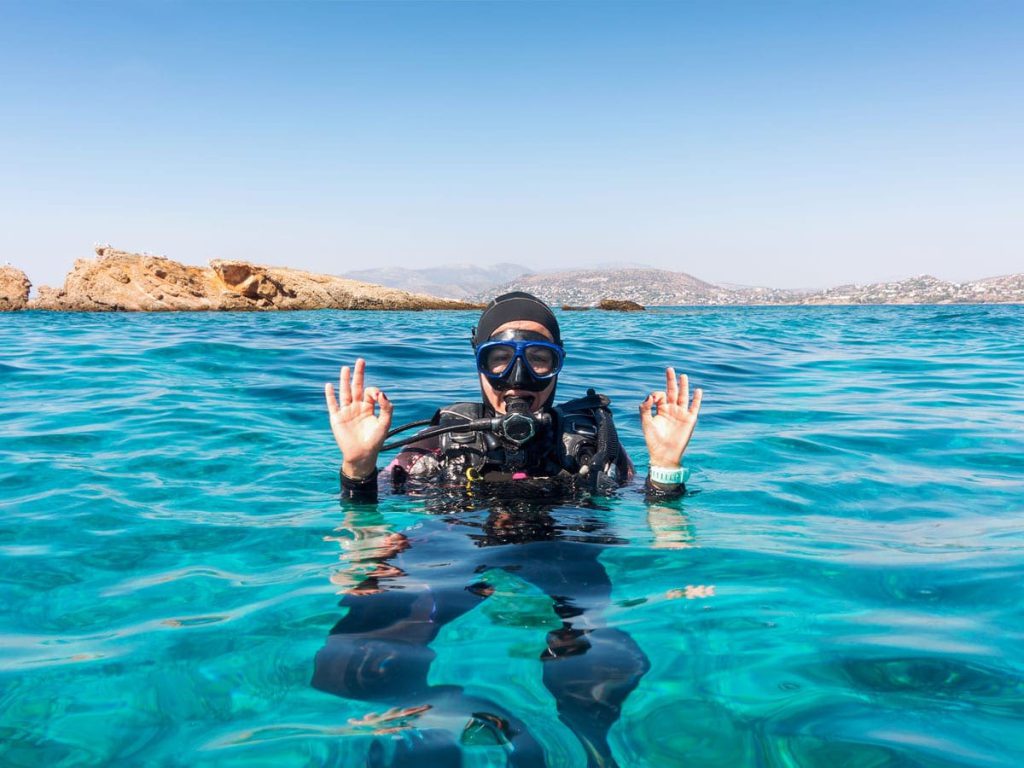
Greetings!
This week, as we find the end of March quickly approaching, I would be remiss if I let the month conclude without recognizing the contributions of women to the fields of environmentalism and sustainability during Women’s History Month. Women from all over the world have played critical roles in environmental and sustainability efforts and continue to do so in growing numbers. Their efforts range from having an immediate impact on their local communities to taking on a global stage to raise awareness for some of the most pressing environmental challenges we face. These are women from all walks of life, spanning a wide range of ages, who share a common passion for making the world a better place now and for the future. Their work is truly inspiring, and certainly makes it difficult to choose just a couple to highlight in this week’s letter to you.
I would like to recognize and celebrate the important work of Unity College’s women alumni. Many of you came to Unity College with a passion for conservation and environmental work, and graduate to go on and do great things. We continue to be proud of you during Women’s History Month, and every month, and thank you for the work you do to help our planet. These are just a few of the women who graduated from Unity College and have gone on to do important work in environmental and sustainability efforts.

Environmental Permitting Engineer
Battelle at Pueblo Chemical Agent-Pilot Plant
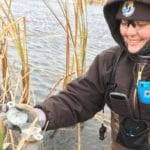
Wildlife Biologist
U.S. Fish and Wildlife Service

Environmental Scientist and Entrepreneur
Chicago, IL

Hospital Manager
The Sea Turtle Hospital at The University of Florida’s Whitney Lab
At Unity College, I am proud of the representation of women in positions across the institution. In fact, women make up 61% of the employee base at Unity College. These women truly embody the Unity College mission and are passionate about the institution’s long-term sustainability. With strong leadership representation on both academic and administrative fronts, their work continues to make it possible for Unity College to reach new audiences with a focus on accessible, affordable, and flexible education.
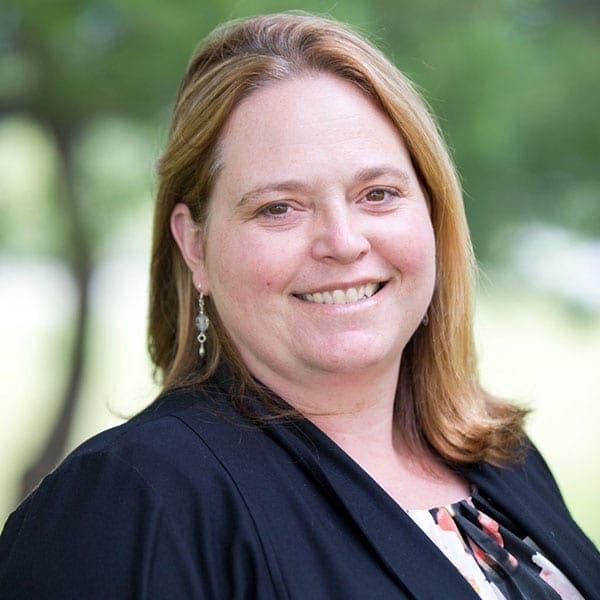
Chief Learning Officer
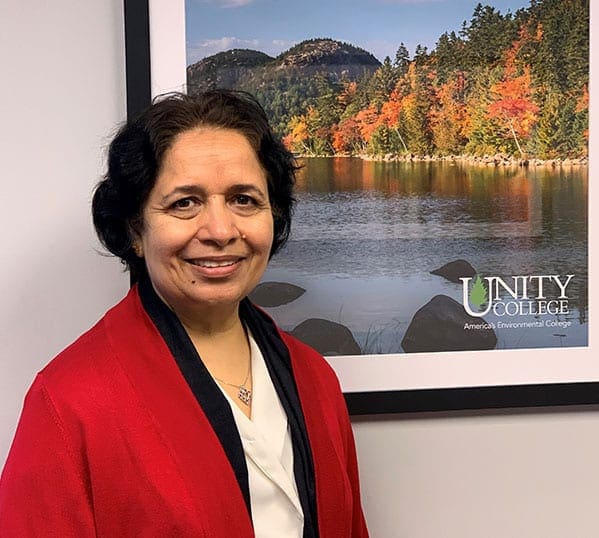
Dean of the Technical Institute of Environmental Professions
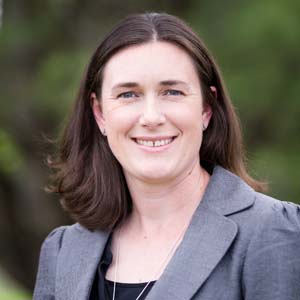
Dean of Environmental Conservation and Research and Professor of Fisheries Ecology
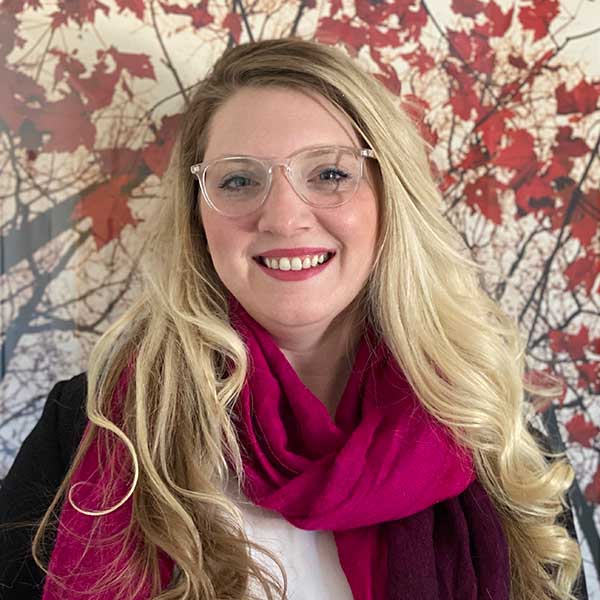
Director of Human Resources
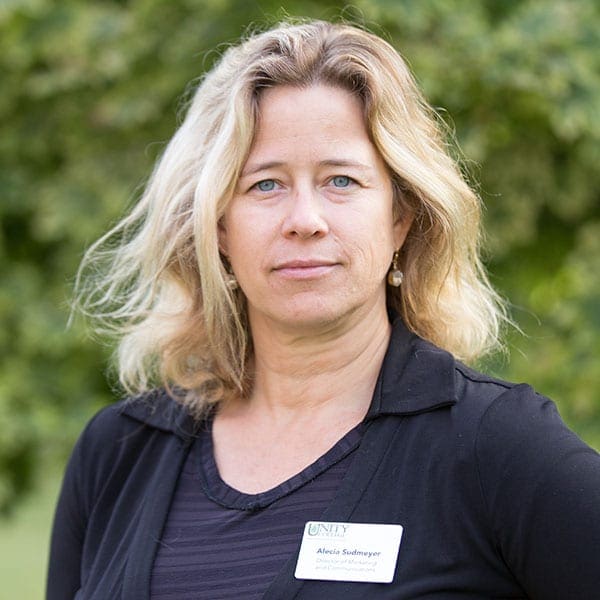
Executive Director of Brand Strategy and Marketing

Secretary to the Board / Special Projects Manager
Please join me in celebrating these and all women during Women’s History Month, and throughout the year.
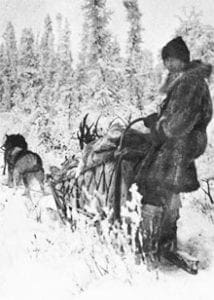 Margaret Thomas Murie (1902-2003) is hailed by many, including the Sierra Club and the Wilderness Society, as the “Grandmother of the Conservation Movement.” The naturalist, author, and adventurer loved the outdoors and spent nearly 40 years studying wildlife with her husband, Olaus, on backcountry expeditions in Alaska and Wyoming. In 1956, she and her husband started a campaign to protect some of Alaska’s at risk natural territory. With the help of U.S. Supreme Court Justice William O. Douglas, they convinced President Dwight Eisenhower to set aside 8 million acres as the Arctic National Wildlife Refuge. Three decades later, she worked on the Alaska National Interest Lands Conservation Act, which doubled the size of the refuge. In between, she was instrumental in passing the Wilderness Act, which officially defined wilderness areas and created the National Wilderness Preservation System, which today protects over 100 million acres. For her work, Murie was honored with the Audubon Medal and the Presidential Medal of Freedom.
Margaret Thomas Murie (1902-2003) is hailed by many, including the Sierra Club and the Wilderness Society, as the “Grandmother of the Conservation Movement.” The naturalist, author, and adventurer loved the outdoors and spent nearly 40 years studying wildlife with her husband, Olaus, on backcountry expeditions in Alaska and Wyoming. In 1956, she and her husband started a campaign to protect some of Alaska’s at risk natural territory. With the help of U.S. Supreme Court Justice William O. Douglas, they convinced President Dwight Eisenhower to set aside 8 million acres as the Arctic National Wildlife Refuge. Three decades later, she worked on the Alaska National Interest Lands Conservation Act, which doubled the size of the refuge. In between, she was instrumental in passing the Wilderness Act, which officially defined wilderness areas and created the National Wilderness Preservation System, which today protects over 100 million acres. For her work, Murie was honored with the Audubon Medal and the Presidential Medal of Freedom.

Isatou Ceesay, a native of The Gambia in West Africa, saw the unappealing buildup of plastic bags in her community of N’Jau. The plastic bags were harming the community’s livestock, providing a habitat for malaria-infected mosquitoes, and polluting the air when burned. Motivated by these dire impacts, Isatou knew something had to be done. In 1997, Isatou began to collect the wasted plastic bags and transform them into beautiful purses, shoes, and jewelry. Her efforts are truly protecting the environment: one of Isatou’s purses recycles 4-10 plastic bags that normally reside in the natural environment. Her plastic inventions were such a success that through her organization, N’Jau Recycling and Income Generation Group, she was able to employ women in the N’Jau community who could then develop financial independence.
 Sylvia Earle is a groundbreaking American marine biologist and oceanographer, who was Time Magazine’s first Hero of the Planet in 1998. Earle set a women’s depth record for suit diving and has helped design research submarines, however she is most well known for her advocacy work in protecting the planet’s oceans. In 2009, she used money from a TED Prize to found Mission Blue, a non-profit dedicated to creating protected marine preserves around the world. Earle is also a best-selling author whose writing is increasing public awareness of the ecological importance of the ocean, which she calls “the blue heart of the planet”. LEGO has created a series of deep sea exploration building kits that are inspired by her work — and will inspire the next generation of ocean protectors.
Sylvia Earle is a groundbreaking American marine biologist and oceanographer, who was Time Magazine’s first Hero of the Planet in 1998. Earle set a women’s depth record for suit diving and has helped design research submarines, however she is most well known for her advocacy work in protecting the planet’s oceans. In 2009, she used money from a TED Prize to found Mission Blue, a non-profit dedicated to creating protected marine preserves around the world. Earle is also a best-selling author whose writing is increasing public awareness of the ecological importance of the ocean, which she calls “the blue heart of the planet”. LEGO has created a series of deep sea exploration building kits that are inspired by her work — and will inspire the next generation of ocean protectors.
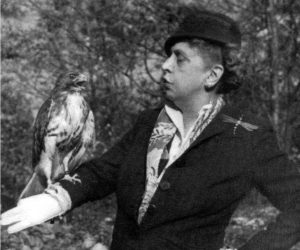 Rosalie Barrow Edge (1877 – 1962) was such a ferocious advocate for the protection of wildlife that The New Yorker once called her “the only honest, unselfish, indomitable hellcat in the history of conservation.” After developing an interest in birdwatching in the 1920s, Edge was horrified to discover that 70,000 bald eagles were being slaughtered in the Alaskan Territory, but that existing conservation groups were not involved because bald eagles were not rare at the time. She founded the Emergency Conservation Committee, which was dedicated to protecting all species of birds and animals, common and rare alike, in 1929. She also ended decades of hawk and eagle shootings on a ridge in the Appalachian Mountains — by buying the property in 1934 and turning it into the world’s first refuge for birds of prey. Her legacy also helped another pioneering environmentalist: in 1960, the Hawk Mountain Sanctuary provided scientific data to Rachel Carson, helping her link the decline in the juvenile raptor population to the unregulated spraying of synthetic insecticide DDT.
Rosalie Barrow Edge (1877 – 1962) was such a ferocious advocate for the protection of wildlife that The New Yorker once called her “the only honest, unselfish, indomitable hellcat in the history of conservation.” After developing an interest in birdwatching in the 1920s, Edge was horrified to discover that 70,000 bald eagles were being slaughtered in the Alaskan Territory, but that existing conservation groups were not involved because bald eagles were not rare at the time. She founded the Emergency Conservation Committee, which was dedicated to protecting all species of birds and animals, common and rare alike, in 1929. She also ended decades of hawk and eagle shootings on a ridge in the Appalachian Mountains — by buying the property in 1934 and turning it into the world’s first refuge for birds of prey. Her legacy also helped another pioneering environmentalist: in 1960, the Hawk Mountain Sanctuary provided scientific data to Rachel Carson, helping her link the decline in the juvenile raptor population to the unregulated spraying of synthetic insecticide DDT.
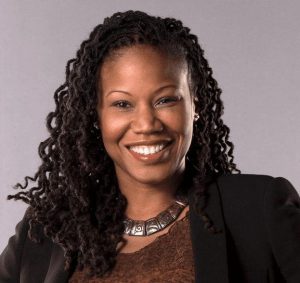 Majora Carter is a visionary voice in city planning who views urban renewal through an environmental lens. The South Bronx native draws a direct connection between ecological, economic and social degradation. Carter, who was awarded a 2005 MacArthur “genius” grant, served as executive director of Sustainable South Bronx for 7 years, where she pushed both for eco-friendly practices (such as green and cool roofs) and, equally important, job training and green-related economic development for her vibrant neighborhood on the rise. Since leaving SSBx in 2008, Carter has formed the economic consulting and planning firm the Majora Carter Group, to bring her pioneering approach to communities far outside the South Bronx. Carter is working within the cities of New Orleans, Detroit and the small coastal towns of Northeastern North Carolina. The Majora Carter Group is putting the green economy and green economic tools to use, unlocking the potential of every place — from urban cities and rural communities, to universities, government projects, businesses and corporations — and everywhere else in between.
Majora Carter is a visionary voice in city planning who views urban renewal through an environmental lens. The South Bronx native draws a direct connection between ecological, economic and social degradation. Carter, who was awarded a 2005 MacArthur “genius” grant, served as executive director of Sustainable South Bronx for 7 years, where she pushed both for eco-friendly practices (such as green and cool roofs) and, equally important, job training and green-related economic development for her vibrant neighborhood on the rise. Since leaving SSBx in 2008, Carter has formed the economic consulting and planning firm the Majora Carter Group, to bring her pioneering approach to communities far outside the South Bronx. Carter is working within the cities of New Orleans, Detroit and the small coastal towns of Northeastern North Carolina. The Majora Carter Group is putting the green economy and green economic tools to use, unlocking the potential of every place — from urban cities and rural communities, to universities, government projects, businesses and corporations — and everywhere else in between.
As always, please contact us at development@unity.edu, with any questions or comments you may have.
With Pride,
Dr. Melik Peter Khoury
President
